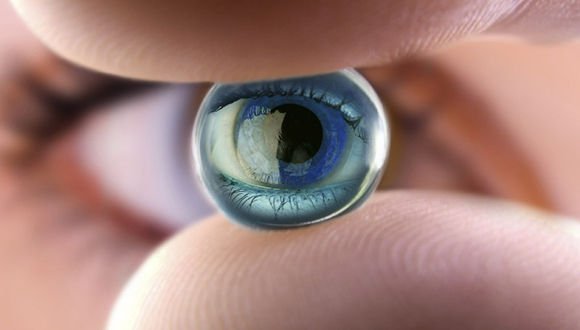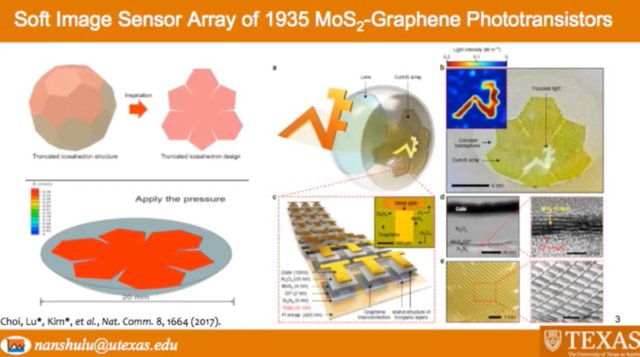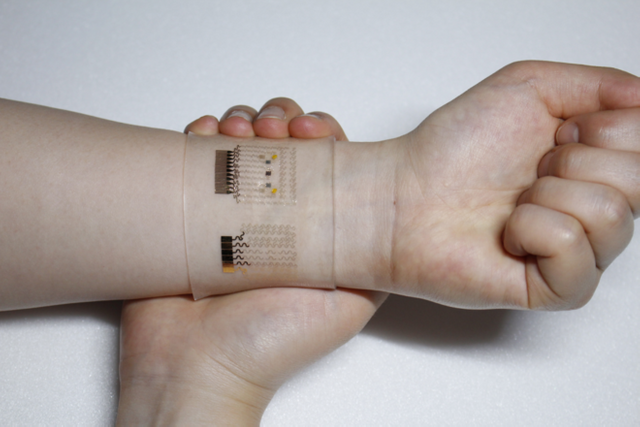The artificial retina that could restore sight to many blind people
Technology is advancing by leaps and bounds in a multitude of fields, one of which is health, in which, over time, technological innovations have become increasingly important. In this sense, a group of researchers has managed to create an artificial retina, a fact that seems to come out of a futuristic film and that could be the solution for many people with damaged vision.

First ultrathin artificial retina in the world.
Nanshu Lu, a researcher at the University of Texas, has declared in the American Chemical Society (ACS) to have created, in collaboration with Dae-Hyeong Kim (University of Seoul), and successfully tested the world's first ultrathin artificial retina, which It could mean a great advance for the blind.

The device consists of very thin 2D materials, such as graphene and molybdenum disulfide, and thin layers of gold, alumina and silicone nitrate, resulting in a matrix of flexible, curved and high density sensors .

Lu explains that the research is still in its infancy, but that it is still an "exciting" starting point to have used these materials for vision recovery. The expert adds that this flexible device could also be implanted in other parts of the human body to monitor the activity of the heart or brain.
Solution to blindness?
This artificial retina, like an icosahedron, has the size and shape of a natural retina. The studies carried out in the laboratory and the tests in animals indicate that the prototype is biocompatible and able to imitate the characteristics of the human eye, reason why the scientists affirm that we could be before an important step for the development of the next generation of prosthesis of bio-electronic retina.

Diseases such as macular degeneration, diabetic retinopathy or pigmentary retinitis can sometimes damage or eliminate retinal tissue, leading to loss of vision or blindness. Many of these problems have no cure, although some silicon implants have managed to improve vision. Lu says that this type of implants are "rigid, flat and fragile", which results in a bad replica of the retina, so he made the decision to create an alternative that better imitates a natural retina.
Electronic tattoos to control the organism.
The researcher also plans to integrate this technology in a kind of transparent electronic tattoos on the surface of the skin to collect information in real time of what happens in an organism. Tattoos would include transistors to amplify the signals from the brain or the heart and thus treat their diseases in an easier way.

In the same way, the sensors could be implanted on the surface of the heart for the detection of arrhythmias, even for doctors to program them as a pacemaker and thus be able to create electrical impulses in case of need.

Undoubtedly, advances such as this artificial retina stand as evidence of how immensely useful technology can be for the welfare and care of humans. Two decades ago it was unthinkable to believe that gadgets of this type could cure such serious ailments of blindness.
Perhaps the next generations do not even have to worry when they have problems with an organ, since it can be replaced by an artificial one that will be practically the same as a natural one.
@ajrm, thank you for supporting @steemitboard as a witness.
Click on the badge to view your Board of Honor.
Once again, thanks for your support!
Do not miss the last post from @steemitboard: